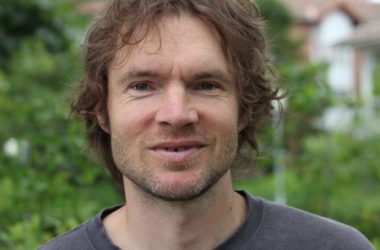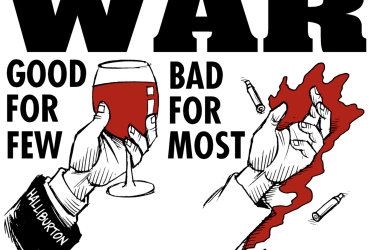By Gabriel Kuhn
Acts of so-called individual terror, in particular the assassination of prominent (or not so prominent) representatives of the ruling system, are commonly attributed to anarchists. Marxists have always decried the “propaganda by the deed” as a short-sighted and narrow-minded tactic, and it is indeed the actions of anarchists that dominate historical accounts of killings in the name of social liberation. Among the most famous examples are Alexander Berkman‘s assassination attempt of the industrialist Henry Clay Frick in 1892, the actions of French propagandists such as Auguste Vaillant, Ravachol, and Émile Henry, and the introduction of the car bomb by circles close to Luigi Galleani. When, in the 1970s, the assassination of high-profile figures of the ruling system were incorporated into the tactics of Marxist urban guerrilla groups, they were commonly accused of anarchist tendencies because of it.
Today, it is little known that one of the most resounding acts of individual terror in early-twentieth-century Europe was committed not by an anarchist, but by a social democrat: On October 21, 1916, Friedrich Adler, son of the founder of the Austrian Social Democratic party, Victor Adler, shot and killed the Austrian minister-president Karl Graf Stürgkh in the restaurant of the hotel Meißl & Schadn in central Vienna. Adler meant to protest against the government’s war politics and its staunch refusal of any kind of democratization.
Vienna publisher Promedia has now released a new edition of the transcripts from the trial. These are dominated by Adler‘s long and detailed explanations for his action. The trial served as a prime example for how to use a courtroom as a political stage. Adler’s declarations abound with references to the importance of class struggle and revolution. His despise for nationalism is expressed in the statement that “at the beginning of the war, I was as afraid of victory as of defeat” (p. 101). The leadership of the Social Democrats is described as a “counterrevolutionary force” (p. 103).
While Adler’s defense attorney, Gustav Harpner, tried to plea insanity, Adler wanted nothing to do with it: “What caused me to commit this act was not insanity. What caused me to commit this act was reasoning. … I have committed this act in full awareness that it would end my life. … I always knew that there was only one possible outcome: the court could not come to any decision but sentencing me to death by hanging.” (p. 61)
Adler was indeed sentenced to death by hanging. However, the sentence was soon converted to eighteen years imprisonment, and two years later Adler was set free altogether. During the turmoil caused by the end of World War I and the Austrian monarchy, he was pardoned by the emperor in November 1918.
Adler was offered a leading position in the newly founded Communist Party of Austria, but declined. Instead, he became an influential figure in the Austromarxist current that now defined Austrian Social Democracy. At the time, the party was still committed to radical, socialist transformation, as documented in the PM Press book Antifascism, Sports, Sobriety: Forging a Militant Working-Class Culture.
Promedia has to be applauded for this new edition of an utterly fascinating historical document, allowing insights into Austrian society, the late Austro-Hungarian empire, the history of Austrian Social Democracy, and – probably of most relevance for an international audience – the history of Social Democracy in general. Adler’s uncensored accusations reveal the devastating effect of the Social Democratic parties’ patriotic turn on the eve of World War I. The movement would never be the same. Add to this his highly interesting reflections on political tactics, in particular the use of violence, and it becomes clear why this text will spellbind anyone with an interest in political history and revolutionary strategy. To round out an excellent edition, the editors Michaela Maier and Georg Spitaler provide an introduction that delivers all of the necessary background without ever going into academic overkill, and annotations that are helpful without ever being intrusive.
To conclude, let us cite some of the wise words Adler had to say on the relationship between politics and violence:
“We live in times in which hundreds of thousands of dead bodies cover the battle fields. Tens of thousands have drowned in the seas. … But as soon as someone who has betrayed the constitution of Austria, who has trampled on all laws, who is among those responsible for all the horror we are facing, as soon as he pays the ultimate price, people are outraged and tell me that ‘human life is sacred’. Suddenly, they quote the fifth commandment: ‘Thou shall not kill!’ Gentlemen, I have never grasped this logic, and no matter what you tell me, I never will.” (p. 234)
(August 2017)
More blogs from Gabriel | Back to Gabriel Kuhn’s Author Page





